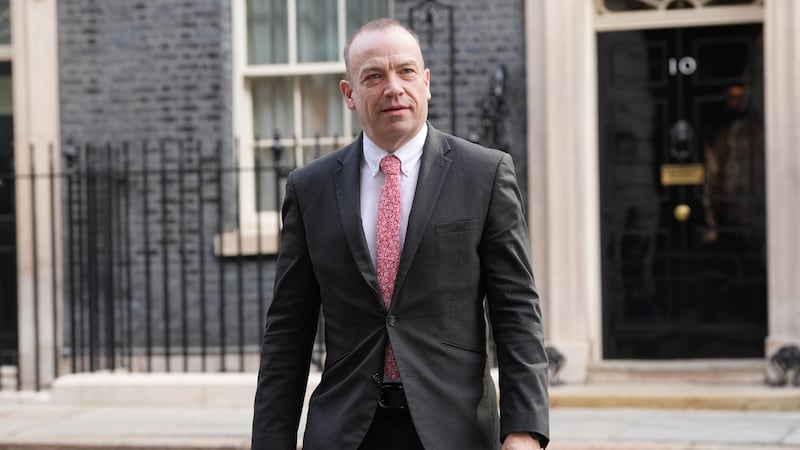A LEADING GAA figure has accused the British and Irish governments of "sacrificing" the lives of elderly and vulnerable during the early stages of the Covid-19 pandemic.
Tyrone County Board secretary Dominic McCaughey claimed many deaths could have been avoided during the early stage of the pandemic if authorities had taken a different approach.
His comments will come in an address to delegates at the GAA annual convention tonight.
“The aged and the elderly, who were highly vulnerable, should not have been sacrificed in the manner that was witnessed throughout March and April just to free up hospital beds for a need that did not arise at the time," he claimed.
“In the first phase of the pandemic, approximately 50 per cent of deaths were of elderly and vulnerable people residing in, or moved into, care centres and nursing homes, which could have been significantly reduced if the governments had decided to apply a different policy, of giving them the same attention and protection as the rest of the population.”
He also says however that the adherence "to the guidelines and directives by the great majority of the population played a huge part in preventing the pandemic taking hold in Ireland.”
He praises the GAA for the leadership it displayed in calling an early halt to activities in order to minimise the spread of the virus.
“In order to delay its spread throughout this country, the GAA led by example, once again, and announced, on Thursday 12th March, the suspension of all playing activities for clubs and counties.
“This included, all social activities, all games, training, and team gatherings at all ages and all grades; all Clubs’ grounds and other facilities were directed to shut down."
The Tyrone secretary lauds the huge community effort mobilised by GAA clubs to protect people and to provide assistance to those who would be impacted by the emergency.
“With no games or other activities, clubs immediately began to draft emergency plans to prepare for the inevitable illness, and deaths that would occur within their catchment areas.
“A huge volunteer database was made available to the health authorities and government bodies to support the elderly, the vulnerable and the isolated throughout the parishes and further afield;
“Clubs offered the use of their facilities in whatever capacity was necessary and appropriate, but thankfully very few were called upon. Setting up of co-ordination teams at club, county, provincial and national levels took place and the widespread use of conference calls and video-conferencing - due to restrictions on travel – became the norm.
"Social distancing," he added "became a way of life."








